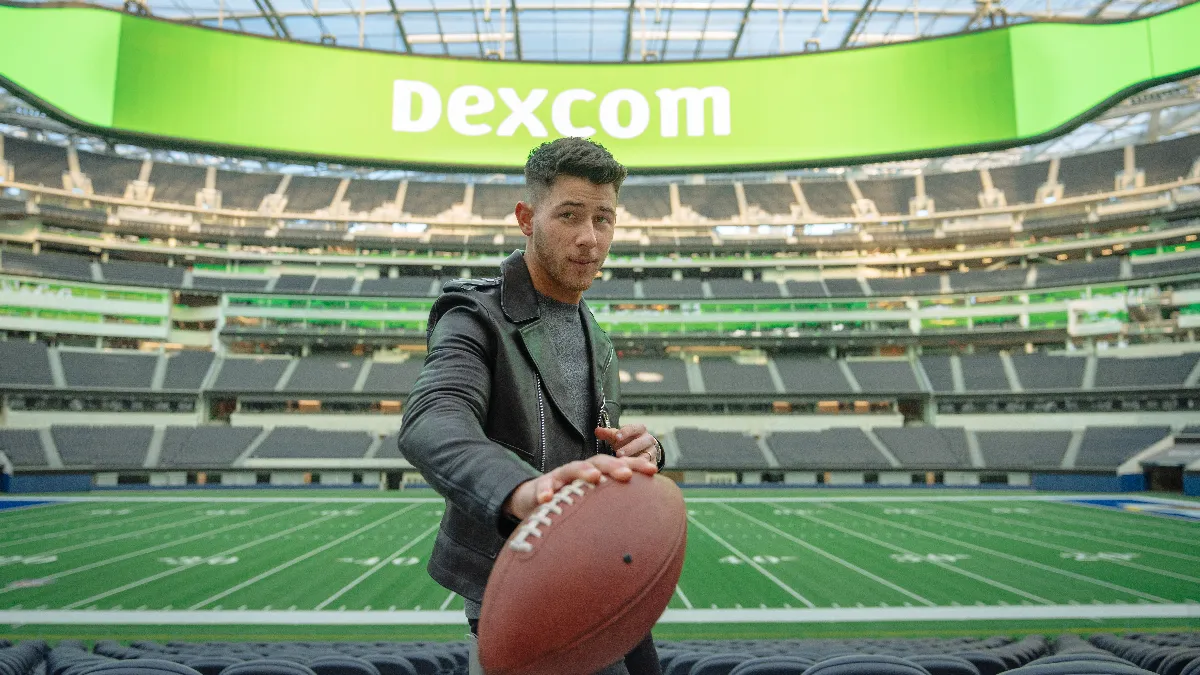Dive Brief:
- Dexcom has received clearance for the first over-the-counter (OTC) glucose sensor in the U.S.
- The Food and Drug Administration cleared the device, Stelo, for use by people 18 years and older who are not on insulin therapy after seeing evidence that it performs similarly to other continuous glucose monitors (CGMs).
- Stelo has the same sensor as Dexcom’s G7 device, but the company has tailored its software to the 25 million people in the U.S. who have Type 2 diabetes and are not using insulin.
Dive Insight:
The device is similar to existing prescription CGMs. Users pair the wearable sensor with an application, put it on their arm and receive a continuous stream of glucose data on their smartphone or other smart device. The sensor has a 15-day lifespan, up from 10 days for G7, but the underlying technology is the same. The key difference is Stelo is available without a prescription.
Sean Christensen, Dexcom’s vice president of investor relations, discussed the rationale for launching an OTC device at the Raymond James Institutional Investors Conference on Tuesday. Christensen said Dexcom has seen “an uptick in CGM starts once people start on GLP-1 therapy,” creating “a little bit of a tailwind” for the company as demand for Eli Lilly’s Mounjaro and Novo Nordisk’s Ozempic has taken off.
“How do we take advantage of this? We believe that we can do way more for this population. However, we need to increase access,” Christensen said. “We need to give doctors the ability to take advantage of what their preferred prescription or their preferred methodology is to treat these patients, most of whom do not have reimbursed access for the CGM today.”
Stelo is Dexcom’s response. The OTC device is based on the prescription G7 sensor, providing Dexcom with “the volume benefits of manufacturing, same accuracy, same performance,” Christensen said. But its tweaked software is designed to meet the needs of people with Type 2 diabetes who are not using insulin.
“These are people who have different needs. These are people who do more self-management of diabetes care as opposed to being managed directly by their clinician. We can give them greater data and greater ability to engage with their health with this product,” Christensen said.
Dexcom plans to launch Stelo “as a cash-pay product right out of the gate,” Christensen said, and use the data it generates in real-world use “to hopefully build reimbursement with payers over the next several years.”
The company plans to make the device available to buy online in the summer of 2024.
While Dexcom is the first company to receive FDA clearance for an OTC CGM, its main rival, Abbott, is also working to expand use of the technology beyond the current core patient base. Abbott has a CE mark for an OTC product marketed at athletes and is selling a consumer health device, Lingo, in the U.K.











